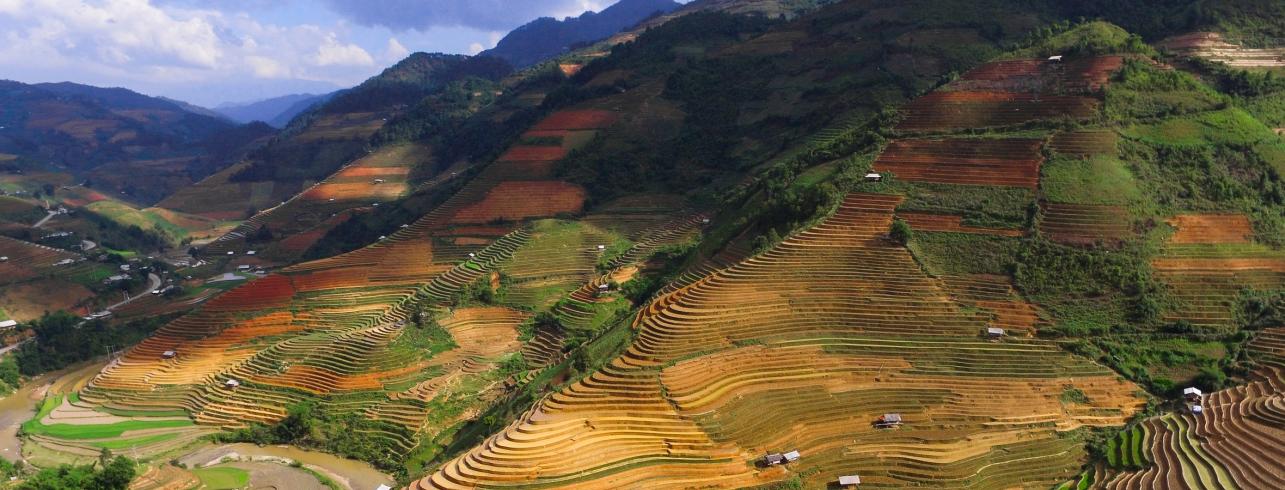
Stages of alignment and outcomes
To meet the expectations set out in the 2015 Paris Agreement and its third core goal of making finance flows consistent with low-carbon and climate-resilient development, public development banks are committed to an alignment process, which began with their joint commitment at the One Planet Summit in December 2017.
IDFC published in June 2021 an operational framework developed by two independent think tanks, the New Climate Institute (NCI) and the Institute for Climate Economics (I4CE). This framework provides clear and practical guidance on how IDFC members – and the financial community at large – can reach a better alignment of their strategies, programs and operations with the requirements of the Paris Agreement.
This process was further advanced on October 18th, 2021 for the “On the way to FICS 2021 and COP26” Finance in Common event as the Agence Française de Développement (AFD) & the European Investment Bank (EIB), along with their IDFC partners , the CDC Group, the European Development Finance Institutions (EDFIs) and the Multilateral Development Banks (MDBs), met online to contribute to a successful COP26 in November and take stock of the work of the Public Development Banks (PDBs) on Paris Alignment. Following the first FIC Summit, in November 2020, that gathered for the first time all PDBs in the world and other key stakeholders (governments, central banks, private sector, civil society, think tanks, etc.). In a joint declaration, they committed to align their financial power, representing 10% of global investments, with the Paris Agreement:
“We, Public Development Banks of the world, gathered for the first time in Paris, commit to support the transformation of the global economy and societies towards sustainable and resilient development. Today, it is essential that we build back better, by simultaneously designing and acting for sustainable, equitable and inclusive outcomes and impacts, leaving no one behind. “
Declaration of the Finance in Common Summit in Paris on November 12, 2020.
FICS 2021 satellite event was the opportunity to assess the progresses made one year later
Since 2015, Multilateral Development Banks (MDBs) and IDFC members are using jointly developed Common Principles for Climate Mitigation Finance Tracking for guiding their common understanding on what can be counted as mitigation finance. These principles have been updated on the occasion of the FICS 2021. The revision of the Common Principles involves an enhanced ambition for reducing greenhouse gas emissions, taking into account new mitigation activities required to meet the goals of the Paris Agreement and excluding activities that, while reducing greenhouse gas emissions in the short term, may maintain highly emissive technologies for several more years, thereby undermining the long-term temperature goal.
The updated principles set more ambitious standards, requiring for instance transitional activities to “comply with high performance country- or sector-specific standards, benchmarks or thresholds for GHG emissions or emission-intensity that significantly exceed expected performance in a sector or activity”.


